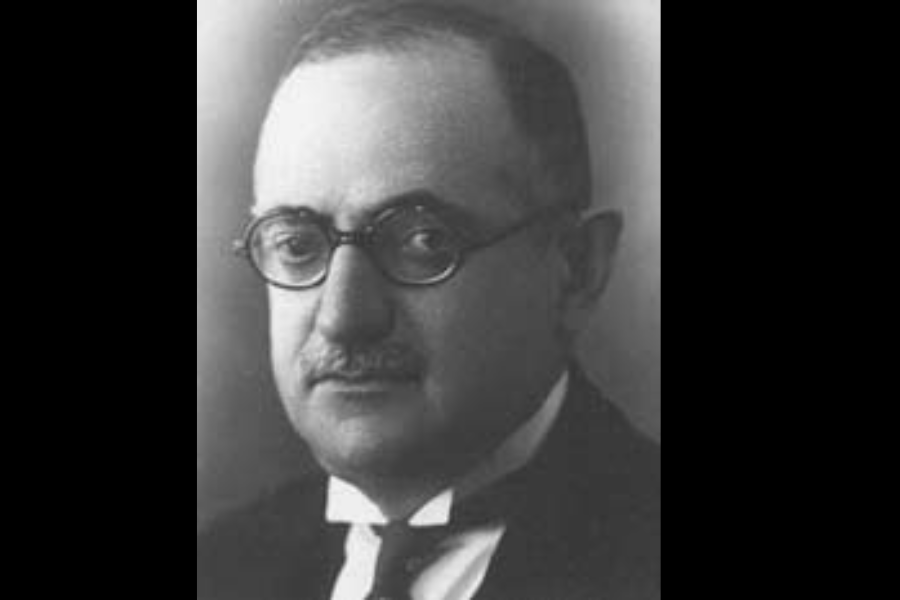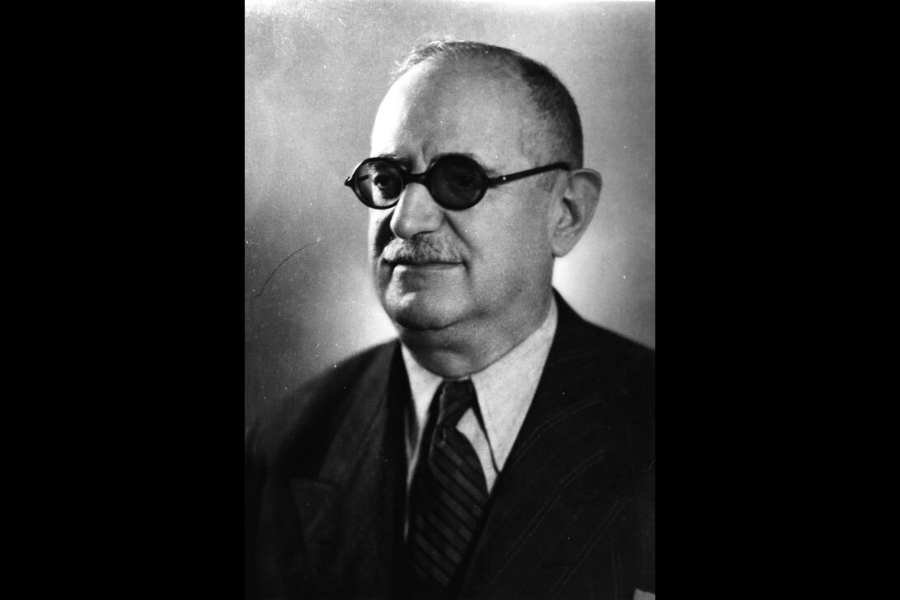The Renda Family of Turkey: A Journey Through Ottoman and Republican Eras
The Renda Family of Turkey: Origins, Legacy, and Controversies
The Renda family, though not a household name in Turkish history, has roots dating back to the late Ottoman period. Originating from Ioannina, a city that was once part of the Ottoman Empire but is now located in modern Greece, the Renda family is of Albanian descent, a heritage that has significantly shaped their identity and role within the Turkish state.
The family’s rise to prominence began with Abdülhalik Renda, one of Turkey’s most powerful bureaucrats in the early years of the Republic. Their story is one of adaptation and resilience, navigating the significant upheavals from the fall of the Ottoman Empire to the establishment of modern Turkey.
Abdülhalik Renda: A Man of Influence and Controversy
Early Life and Education
Born in 1881 in Ioannina, Abdülhalik Renda moved to Istanbul as a young man to pursue his education at Mekteb-i Mülkiye, a prestigious institution known for producing elite bureaucrats during the Ottoman Empire and early Republic. His education paved the way for a long career in public service, where he would rise to hold some of the highest offices in the Turkish Republic.
Political Career and Achievements
Renda’s public service career began during the final years of the Ottoman Empire, where he held various administrative roles. However, it was after the establishment of the Republic of Turkey that he made his most significant contributions. He served as Governor of Bitlis, where he became involved in one of the most controversial periods of his life—his participation in the Armenian deportations during World War I. His later roles included multiple terms as Minister of Finance, where he was instrumental in stabilizing Turkey’s economy during its early years. His efforts in shaping Turkey’s financial system earned him widespread recognition.
In 1935, Renda was elected Speaker of the Grand National Assembly, a position he held for over a decade. During this period, he oversaw critical legislative initiatives that helped solidify the foundations of the Turkish state. Notably, he briefly served as Acting President of Turkey following Mustafa Kemal Atatürk’s death in 1938 until İsmet İnönü assumed the presidency.
The Armenian Deportations
Despite his contributions to the early Republic, Abdülhalik Renda’s legacy is clouded by his involvement in the Armenian deportations, which are widely recognized as part of the Armenian Genocide. As Governor of Bitlis and later Aleppo, Renda was responsible for executing orders that led to the forced displacement and deaths of many Armenians. This part of his career has led to intense debate and historical scrutiny, casting a shadow over his other achievements.
The events surrounding the Armenian Genocide remain a sensitive and contested topic in Turkey and beyond. While Renda is acknowledged for his role in the development of the Turkish Republic, his participation in these dark chapters of history has left a controversial and complex legacy.
“Renda Turkeye”: A Legacy of Progress and Conflict
In contemporary discussions, the phrase “Renda Turkeye” may not be widely recognized, but it symbolizes a complex legacy tied to both national progress and historical controversy. The Renda family, especially through Abdülhalik Renda, represents Turkey’s evolution from the remnants of the Ottoman Empire to a modern state. This legacy is marked by significant achievements in governance and economic reform but is also shadowed by unresolved questions of historical accountability.
Abdülhalik Renda is remembered as a highly capable and influential bureaucrat whose actions helped shape the Turkish Republic. However, his involvement in the Armenian deportations casts a long shadow over his legacy, making his memory a blend of respect and moral contention.
The Enduring Legacy of the Renda Family
The Renda family’s influence in Turkey is most closely associated with Abdülhalik Renda’s contributions, though other members of the family did not rise to the same prominence. His legacy, and by extension the family’s, is interwoven with the history of the Turkish Republic, particularly through the various governmental and economic reforms that occurred during his time in public service.
Ultimately, the Renda family’s legacy is a reminder of the complexities of history. Their story exemplifies how figures who contribute to nation-building and governance can also be involved in actions that raise significant moral and ethical questions. The Renda family, through Abdülhalik Renda, embodies the challenge of reconciling these contradictions in a nation emerging from the ashes of an empire.
FAQs:
1. Who are the Renda family in Turkish history?
The Renda family is most notably linked to Abdülhalik Renda, a prominent bureaucrat during the late Ottoman Empire and early years of the Turkish Republic. The family has roots in Ioannina, formerly part of the Ottoman Empire and now part of Greece. They are of Albanian descent and have played a role in the development of the Turkish state.
2. What is Abdülhalik Renda known for?
Abdülhalik Renda is known for his contributions to the early Turkish Republic as a bureaucrat, Minister of Finance, Speaker of the Grand National Assembly, and Acting President of Turkey following Mustafa Kemal Atatürk’s death. However, his legacy is marred by his involvement in the Armenian deportations during World War I.
3. What was Abdülhalik Renda’s role in the Armenian Genocide?
As the Governor of Bitlis and later Aleppo, Abdülhalik Renda played a significant role in implementing the policies that led to the forced deportation and deaths of many Armenians during the Armenian Genocide. This controversial aspect of his career has attracted significant historical scrutiny.
4. What does the term “Renda Turkeye” refer to?
While not widely used in modern discourse, “Renda Turkeye” symbolizes the complex legacy of Abdülhalik Renda and his family. It evokes both respect for their role in state-building and controversy due to the darker aspects of Turkish history, particularly regarding the Armenian Genocide.
5. What is the Renda family’s lasting influence in Turkey?
The Renda family’s lasting influence in Turkey is primarily tied to Abdülhalik Renda’s career and his role in shaping the country’s financial system and governance. His legacy, however, remains a subject of both admiration and debate due to his involvement in contentious historical events.
6. Are there any other prominent members of the Renda family?
While Abdülhalik Renda is the most well-known member of the family, no other Renda family members have risen to the same level of prominence in Turkish history or politics.
Conclusion
The Renda family, particularly through the life and career of Abdülhalik Renda, played a notable role in the transition from the Ottoman Empire to the Turkish Republic. Abdülhalik Renda’s influence on Turkey’s financial and political systems was profound, but his legacy is marked by controversy due to his involvement in the Armenian deportations, part of the broader Armenian Genocide.
Today, the Renda family represents a dual legacy in Turkey—one of significant contributions to state-building and governance, yet shadowed by unresolved historical grievances. The story of the Renda family serves as a reminder of the complexities inherent in navigating the formation of a modern nation, where progress and moral accountability often collide.






